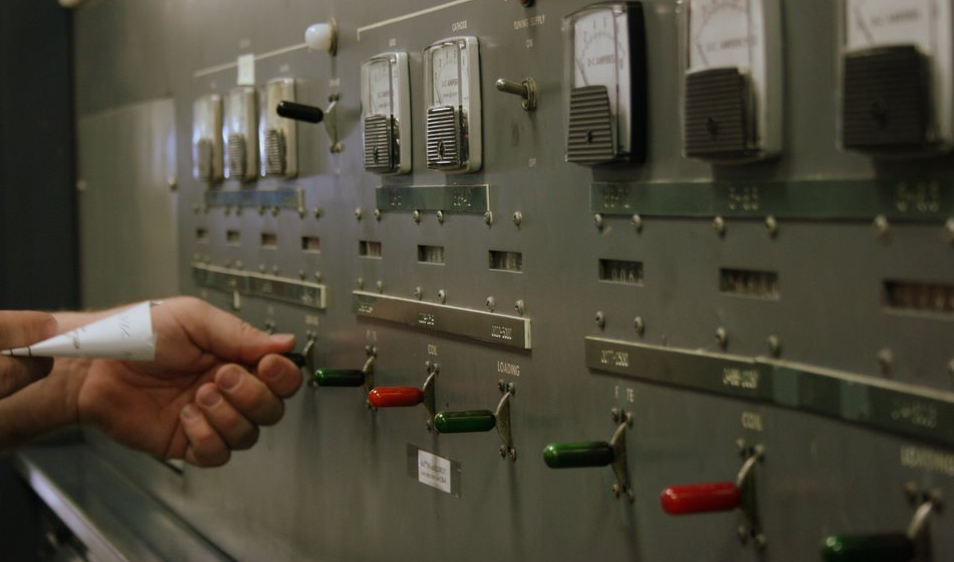Voice of Greece: June 25, 2016
/Voice of Greece with music to Europe at 1900 UTC. Transmitted with 170 kw from Avlis. This is the best reception of this station I've had in ages. Received with a Sangean ATS-909X and a Kestrel active loop in Sydney, Australia.




